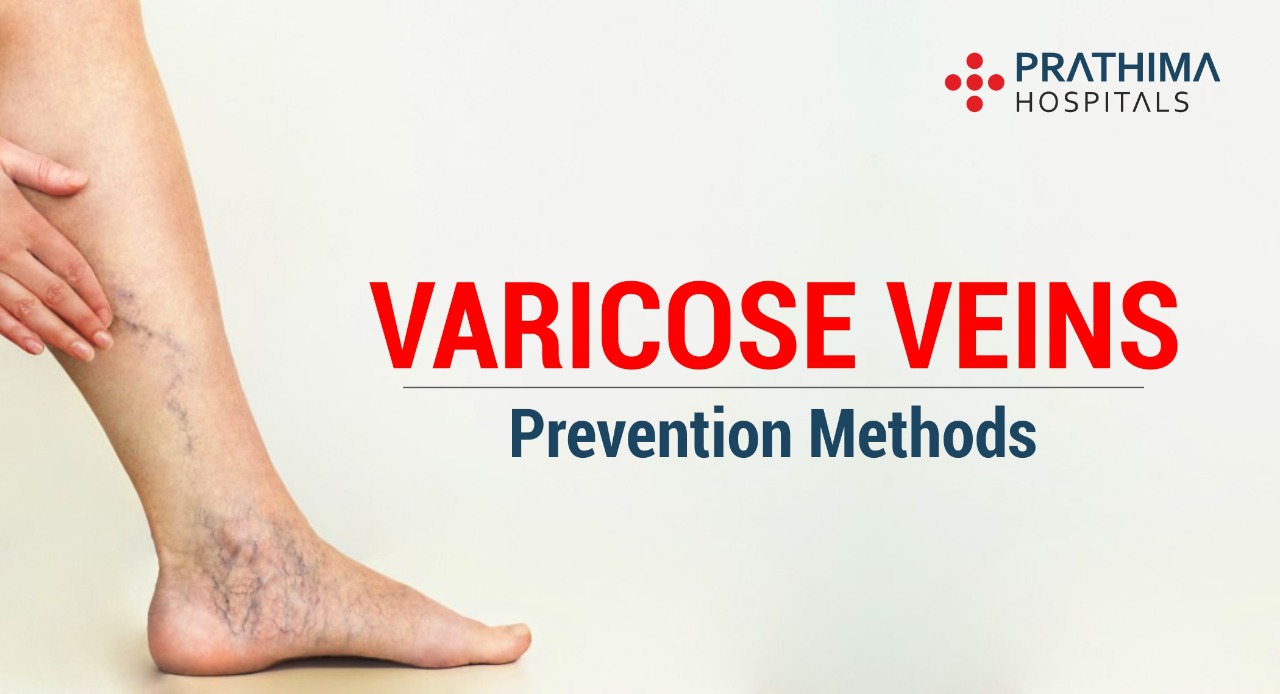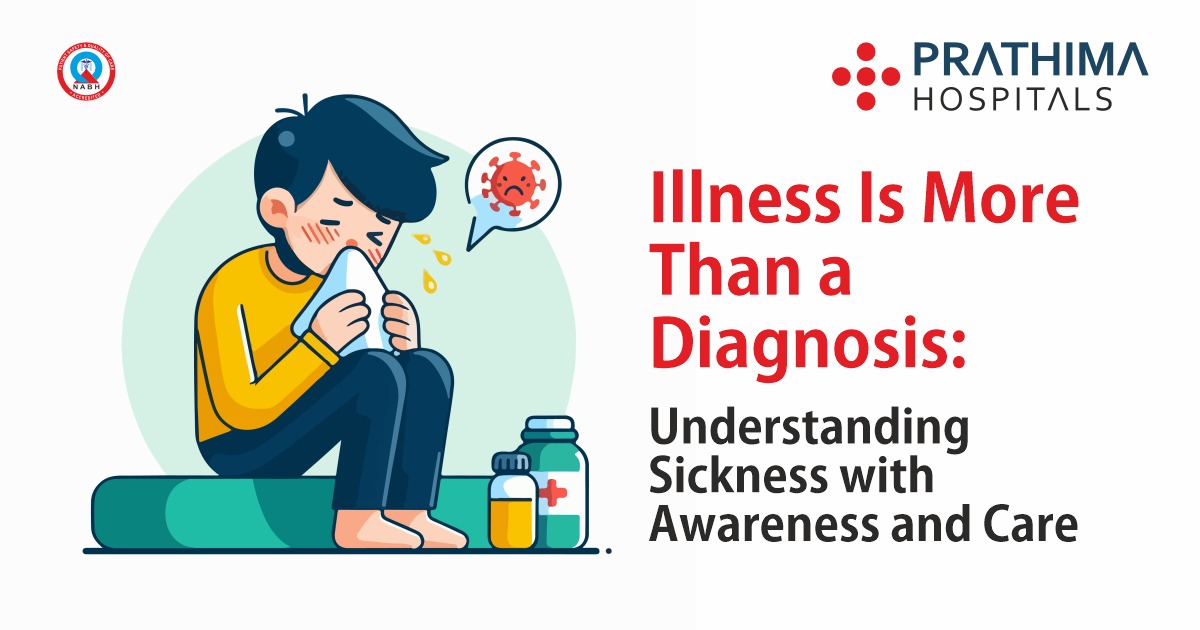Know About Varicose Veins And It’s Prevention Methods

What are varicose veins?
In the simplest words possible, varicose veins are the typical outcome of irregular blood flow. The veins within the body bring back blood from the other parts of the body to the heart and lungs to re-oxygenate it from the scratch. Blood can flow incorrectly through the diseased veins. This is especially true in the case of legs. Legs are the portion of the body where blood returning to the heart must reign against gravity. This results in enlarged, sore, and deformed veins. These typically develop and worsen with our age.
Causes:
Varicose veins are developed when the proper functionality of the blood veins is restricted due to various health issues. Expert Doctors explain that one-way valves in veins cease blood from running in the opposite direction. When the proper functionality of these valves is compromised, blood begins to accumulate in the veins rather than going into the heart. As a result, the veins enlarge. Varicose veins can welcome many leg-related problems. Gravity makes it tougher for blood to circulate upwards in the veins that are far away from the heart. Deep venous insufficiency, DVT can also cause varicose veins, venous ulcers and it should be ruled out before starting any treatment for varicose veins (stockings also contraindicated). A summarized causes of Varicose veins mentioned below:
- Pregnancy and menopause can trigger varicose veins
- Obese people can also be easily affected by this.
- Standing for long spans
- People aged above 50 can get varicose veins
- Family history of varicose veins
Symptoms
- Achy and heavy feeling in twisted and swollen legs
- Burning and cramps in the lower region of the leg
- Black and blue appearance of veins
- Pain levitating after standing for a long time
- telangiectasia
- Affected skin appears red, itchy, and dry.
Risk Factors:
- Age levitates the risk of being affected with varicose veins. Aging triggers continuous wear and tear of the valves. These valves are the ones that regulate the blood circulation in veins.
- A person born in a family with a medical history of varicose veins is at a higher risk of being affected by it.
- Being obese puts extra strains in the veins, thus, increasing the chances of Varicose veins.
- The odds of varicose veins in a woman are more than in men. Hormone therapies, such as birth control pills, levitates the chances of varicose veins.
- Amount of blood increases during pregnancy. This can cause swollen veins in the legs.
Home Remedies
Varicose veins are not a joke and they should be treated as soon as possible. Expert doctors prescribe few home remedies which help in alleviating the pain and possibly ceases the changes of varicose veins from worsening. Following is the break-down of the prescribed home remedies:
- Working out regularly
- Keeping a healthy weight is necessary.
- High heels and tight hosiery must be avoided.
- Allow blood to descend from the lower legs by elevating the legs
- Frequently changing your physical position
- Avoid prolonged standing for more than 20mins at a stretch
Varicose vein causing other health issues:
Throbbing pain and itching around varicose veins are the most repeated and observed symptoms. Wounds may develop in more serious situations, generally at the ankle level. It is also commonly observed that blood clots may form, triggering an inflammatory response.
Most effective treatment:
Compression stockings can be very useful in alleviating the effects of varicose veins. The stockings, on the other hand, can be extremely painful for a certain sort of patient. Varicose veins can also be treated by many procedures such as:
- Phlebectomy: Thermodynamics (laser or radiofrequency) removal of ablation veins
- Sclerotherapy: Agents are inserted into small veins to scar them and make them vanish
- Surgery
Conclusion:
When it comes to Varicose veins, patients shouldn’t take it lightly. Any shred of carelessness will only worsen the state of the varicose veins. In critical situations, these diseased veins will cause an enormous amount of discomfort even in minimal daily activities. Consult your doctor and treat this condition immediately.






Warning: Undefined variable $req in /home/u885608126/domains/prathimahospitals.com/public_html/wp-content/themes/prathimahospitals/functions.php on line 294
Warning: Undefined variable $commenter in /home/u885608126/domains/prathimahospitals.com/public_html/wp-content/themes/prathimahospitals/functions.php on line 295
Warning: Trying to access array offset on value of type null in /home/u885608126/domains/prathimahospitals.com/public_html/wp-content/themes/prathimahospitals/functions.php on line 295
Warning: Undefined variable $aria_req in /home/u885608126/domains/prathimahospitals.com/public_html/wp-content/themes/prathimahospitals/functions.php on line 295
Warning: Undefined variable $req in /home/u885608126/domains/prathimahospitals.com/public_html/wp-content/themes/prathimahospitals/functions.php on line 298
Warning: Undefined variable $commenter in /home/u885608126/domains/prathimahospitals.com/public_html/wp-content/themes/prathimahospitals/functions.php on line 299
Warning: Trying to access array offset on value of type null in /home/u885608126/domains/prathimahospitals.com/public_html/wp-content/themes/prathimahospitals/functions.php on line 299
Warning: Undefined variable $aria_req in /home/u885608126/domains/prathimahospitals.com/public_html/wp-content/themes/prathimahospitals/functions.php on line 300
Warning: Undefined variable $commenter in /home/u885608126/domains/prathimahospitals.com/public_html/wp-content/themes/prathimahospitals/functions.php on line 303
Warning: Trying to access array offset on value of type null in /home/u885608126/domains/prathimahospitals.com/public_html/wp-content/themes/prathimahospitals/functions.php on line 303